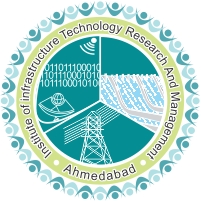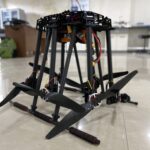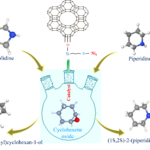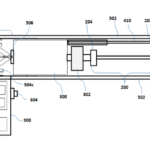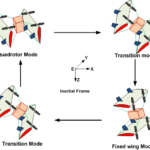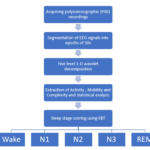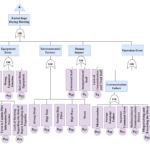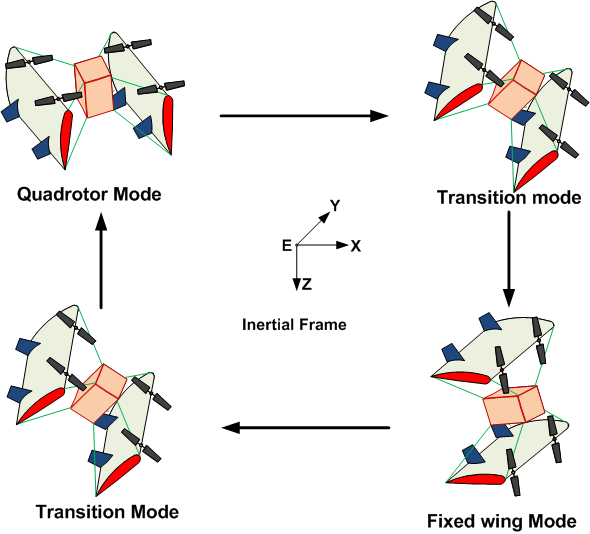The work is carried out by Dr. Jagat Rath of IITRAM with collaborators.
Lane-keeping assistance design for road vehicles is a multi-objective design problem that needs to simultaneously maintain lane tracking, ensure driver comfort, provide vehicle stability, and minimize conflict between the driver and the autonomous controller. In this work, a cooperative control strategy is proposed for lane-keeping keeping by integrating driving monitoring, variable level of assistance allocation, and human-in-the-loop control. In the first stage, a time-varying physical driver loading pattern is identified based on a relationship between lateral acceleration, road curvature, and the measured maximum driver torque. Together with the monitored driver state that indicates driver mental loading, an adaptive driver activity function is then formulated that replicates the levels of assistance required for the driver in the next stage. To smoothly transition authority between various modes (from manual to autonomous and vice versa) based on the generated levels of assistance, a novel higher-order sliding mode controller is proposed and closed-loop stability is established. Further, a novel sharing parameter (which is proportional to the torques coming from the driver and from the autonomous controller) is used to minimize the conflict. Experimental results on the SHERPA high-fidelity vehicle simulator show the real-time implementation feasibility. Extensive experimental results provided on the Satory test track show improvement in cooperative driving quality by 9.4%, reduction in steering workload by 86.13%, and reduced conflict by 65.38% when compared with the existing design (no sharing parameter). These results on the cooperative performance highlight the significance of the proposed controller for various road transportation challenges.
